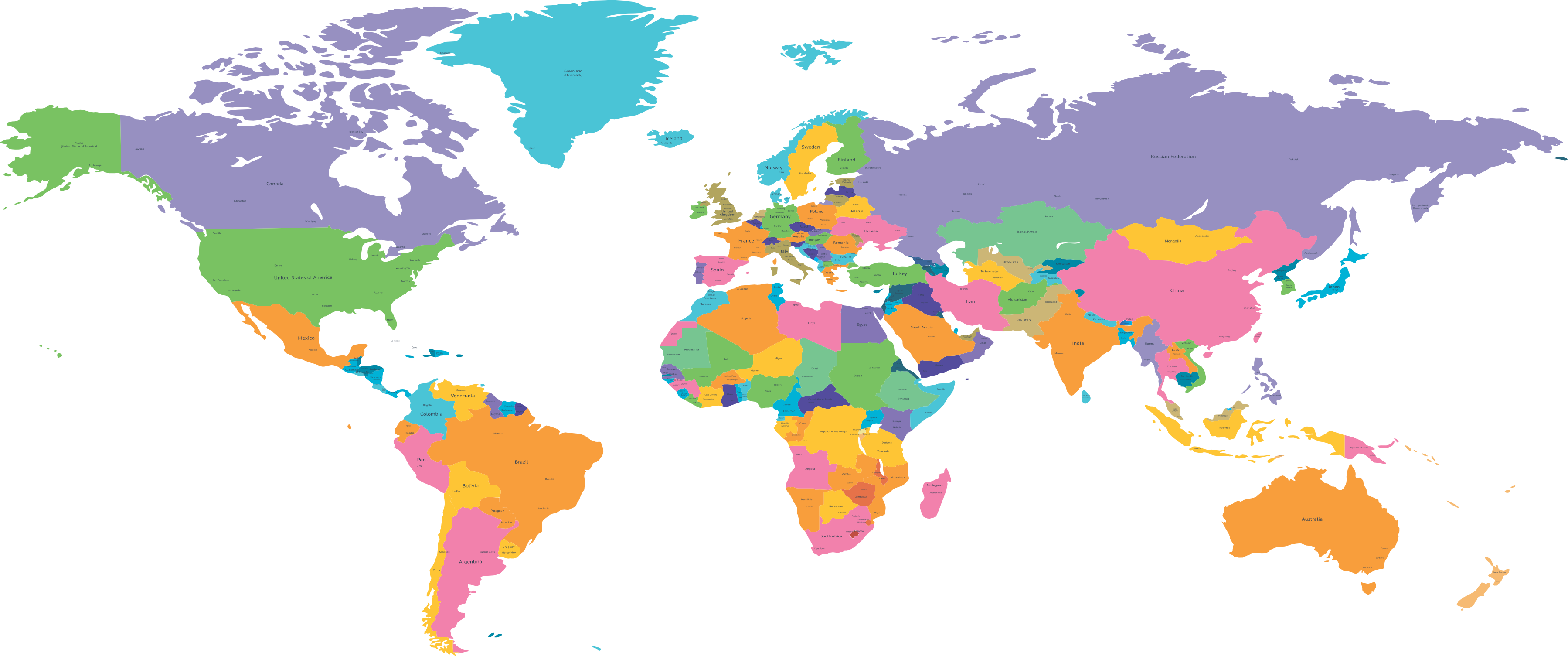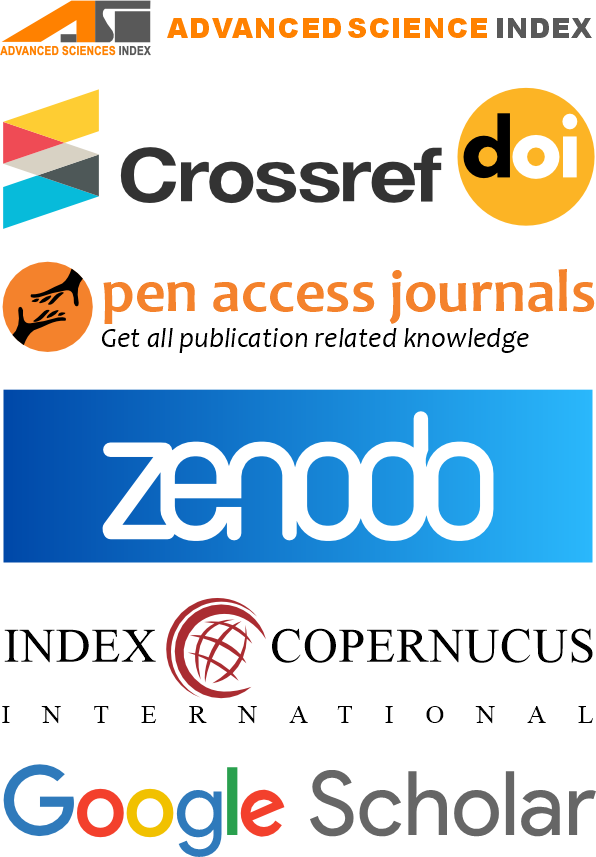Originality: Authors must ensure that all content submitted for publication is original and has not been previously published elsewhere. Any content borrowed from other sources should be properly cited and attributed.
Proper Citation: When using ideas, text, data, or images from other sources, authors must provide appropriate citation and acknowledgment. Direct quotations must be enclosed in quotation marks and accompanied by a citation indicating the original source.
Paraphrasing: Paraphrasing involves rephrasing or summarizing ideas from other sources in one's own words. When paraphrasing, authors must still provide proper attribution to the original source and ensure that the paraphrased content does not closely resemble the original text.
Self-Plagiarism: Authors should avoid self-plagiarism by refraining from reusing substantial portions of their own previously published work without proper citation. If authors intend to include verbatim or paraphrased content from their earlier publications, they must obtain permission from the copyright holder and provide appropriate citation.
Citation Style: Authors should follow the journal's specified citation style consistently throughout the manuscript (i.e. APA 7th). Proper citation formats help readers locate the original sources and demonstrate the rigor and professionalism of the research.
Plagiarism Detection: The journal utilizes plagiarism detection software to screen submitted manuscripts for potential instances of plagiarism. Authors are encouraged to use plagiarism detection tools to review their work before submission to ensure its originality.
Consequences of Plagiarism: Plagiarized manuscripts will be rejected or retracted from publication. Authors found to have committed plagiarism may be subject to sanctions, including being banned from submitting to the journal in the future.
Ethical Responsibility: Authors bear the primary responsibility for ensuring the integrity of their research and the originality of their submissions. Plagiarism undermines the credibility of academic scholarship and violates the trust of readers, reviewers, and the scholarly community.



